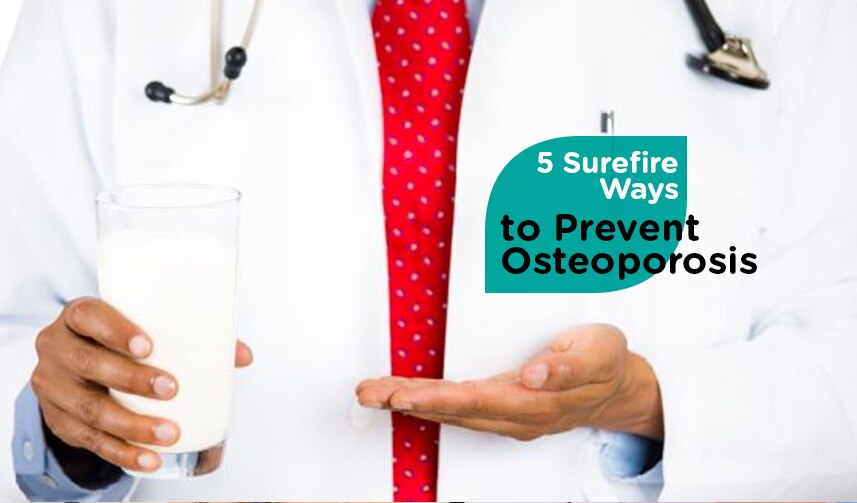Osteoporosis can cause low bone density and structural deterioration of bone tissue. Many individuals aged 50 years old and above experience this disease. It affects millions of adults around the world. Also, it is a major cause of back pain due to the resulting low bone mass.
Here are five simple ways to reduce suffering that is caused by osteoporosis. These tips will also help strengthen your bones in the long run.
1. Get adequate calcium and vitamin D from foods
Calcium is important in building and strengthening your bones and muscles. However, most people are not able to meet recommended daily calcium intake amounts. By incorporating calcium-rich foods into your diet or by simply taking calcium supplements, you can keep your bones and muscles healthy. However, calcium will not be absorbed by the body without Vitamin D. Eat foods rich in vitamin D or simply get it from sunlight. You can also take Vitamin D supplements.
You can get calcium from dark green leafy vegetables, dairy products, cereals and fortified juices. Vitamin D is present in all fatty fish like tuna, sardines and salmon.
2. Do regular exercises
Avoid strenuous exercises, as they can cause bone fractures and injuries. Instead, do some weight-bearing and muscle-strengthening exercises to keep your bones strong and healthy. Lifting weights, yoga and Pilates are examples of muscle-strengthening exercises that can enhance bone strength, balance and flexibility.
3. Don’t smoke and don’t drink too much alcohol
Smoking can increase your risk of having osteoporosis. A few studies have demonstrated a connection between tobacco use and diminished bone thickness. Too much consumption of alcoholic drinks can also lead to bone loss.
4. Be aware of your risks
If you know your risks for osteoporosis, you will know how to prevent it. Risk factors include aging, being female, low bone mass, fractures in the past, smoking, using steroids and certain medicines, and medical conditions such as rheumatoid arthritis. If you have risk factors for osteoporosis, get your bone density checked.
5. Talk to your doctor
Tests like bone mineral density scans, or DXA (dual energy X-ray absorptiometry) scan can inform you of your risk for osteoporosis.
Tests are recommended for:
- Adults with a condition, or are taking medications, associated with low bone density or bone loss
- Adults with a fragility fracture
- Men 70 years or older
- Men younger than 70 years with risk factors
- Postmenopausal women younger than 65 years with risk factors
- Women aged 65 years and older
Product Recommendation:









